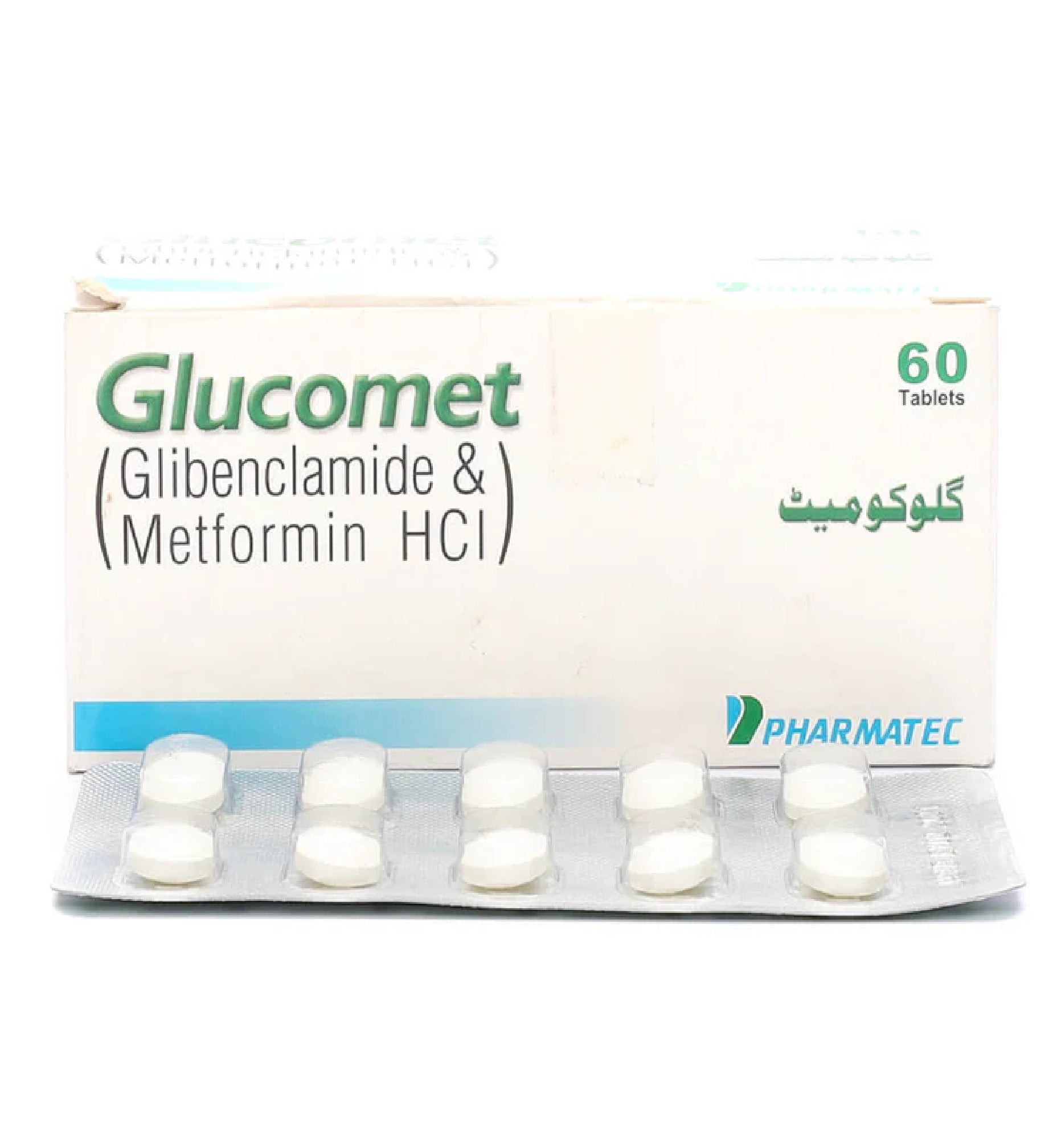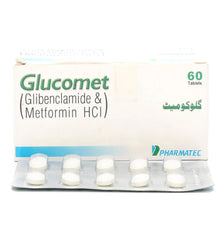

- Choosing a selection results in a full page refresh.
Need Help?
03444440083


Couldn't load pickup availability
standard shipping charges on order is Rs 200
You may return most new, unopened items within 3 days of delivery for a full refund.
You should expect to receive your refund within four weeks of giving your package to the return shipper, however, in many cases you will receive a refund more quickly. This time period includes the transit time for us to receive your return from the shipper (5 to 10 business days), the time it takes us to process your return once we receive it (3 to 5 business days), and the time it takes your bank to process our refund request (5 to 10 business days).
If you need to return an item, simply login to your account, view the order using the "Complete Orders" link under the My Account menu and click the Return Item(s) button. We'll notify you via e-mail of your refund once we've received and processed the returned item.
Lorem ipsum dolor sit amet, consectetur adipiscing elit, sed do eiusmod tempor incididunt ut labore et dolore magna aliqua. Ut enim ad minim veniam, quis nostrud exercitation ullamco laboris nisi ut aliquip ex ea commodo consequat. Duis aute irure dolor in reprehenderit in voluptate velit esse cillum dolore eu fugiat nulla pariatur. Excepteur sint occaecat cupidatat non proident, sunt in culpa qui officia deserunt mollit anim id est laborum.
Yes
Glibenclamide , Metformin HCl
Diabetes
Metformin Hydrochloride and Glibenclamide, two antihyperglycemic agents with complementary mechanisms of action, to improve glycemic control in patients with type 2 diabetes. Metformin Hydrochloride is an antihyperglycemic agent that improves glucose tolerance in patients with type 2 diabetes, lowering both basal and postprandial plasma glucose. Glibenclamide appears to lower blood glucose acutely by stimulating the release of insulin from the pancreas, an effect dependent upon functioning beta cells in the pancreatic islets.
Glibenclamide , Metformin HCl
Diarrhoea, Headache, Nausea / Vomiting, Abdominal pain and Dizziness.
When the drugs like the thiazides and other diuretics, corticosteroids, phenothiazines, thyroid products, estrogens, oral contraceptives, phenytoin, nicotinic acid, sympathomimetics, calcium channel blocking drugs, and isoniazid are administered to a patient receiving this medicine , the patient should be closely observed for loss of blood glucose control. When such drugs are withdrawn from a patient receiving this medicine, the patient should be observed closely for hypoglycemia. Metformin HCl is negligibly bound to plasma proteins and is, therefore, less likely to interact with highly protein-bound drugs such as salicylates, sulfonamides, chloramphenicol, and probenecid as compared to sulfonylureas, which are extensively bound to serum proteins.
It is indicated as initial therapy, as an adjunct to diet and exercise, to improve glycemic control in patients with type 2 diabetes whose hyperglycemia cannot be satisfactorily managed with diet and exercise alone. It is indicated as second-line therapy when diet, exercise, and initial treatment with a sulfonylurea or Metformin do not result in adequate glycemic control in patients with type 2 diabetes.
Metformin HCl and Glibenclamide is contraindicated in patients with: Renal disease or renal dysfunction (e.g., as suggested by serum creatinine levels =1.5 mg/dL [males], =1.4 mg/dL [females], or abnormal creatinine clearance) which may also result from conditions such as cardiovascular collapse (shock), acute myocardial infarction, and septicemia. Congestive heart failure requiring pharmacologic treatment. Known hypersensitivity to Metformin Hydrochloride or Glibenclamide. Acute or chronic metabolic acidosis, including diabetic ketoacidosis, with or without coma. Diabetic ketoacidosis should be treated with insulin.
As with other hypoglycemic agent, Metformin HCl and Glibenclamide is also capable of producing hypoglycemia or hypoglycemic symptoms, therefore, proper patient selection, dosing, and instructions are important to avoid potential hypoglycemic episodes.
Renal or hepatic insufficiency may cause elevated drug levels of both Metformin Hydrochloride and Glibenclamide and the hepatic insufficiency may also diminish gluconeogenic capacity, both of which increase the risk of hypoglycemic reactions.
Elderly, debilitated, or malnourished patients and those with adrenal or pituitary insufficiency or alcohol intoxication are particularly susceptible to hypoglycemic effects. Hypoglycemia may be difficult to recognize in the elderly, and in people who are taking betaadrenergic blocking drug.
Safety and effectivenes in pediatric patients have not been established.
Always consult your physician before using any medicine.
Store this medicine at room temperature, away from direct light and heat.
Get the latest updates on new products and upcoming sales
Thanks for subscribing!
This email has been registered!

| Product | SKU | Rating | Description | Collection | Availability | Product Type | Other Details |
|---|